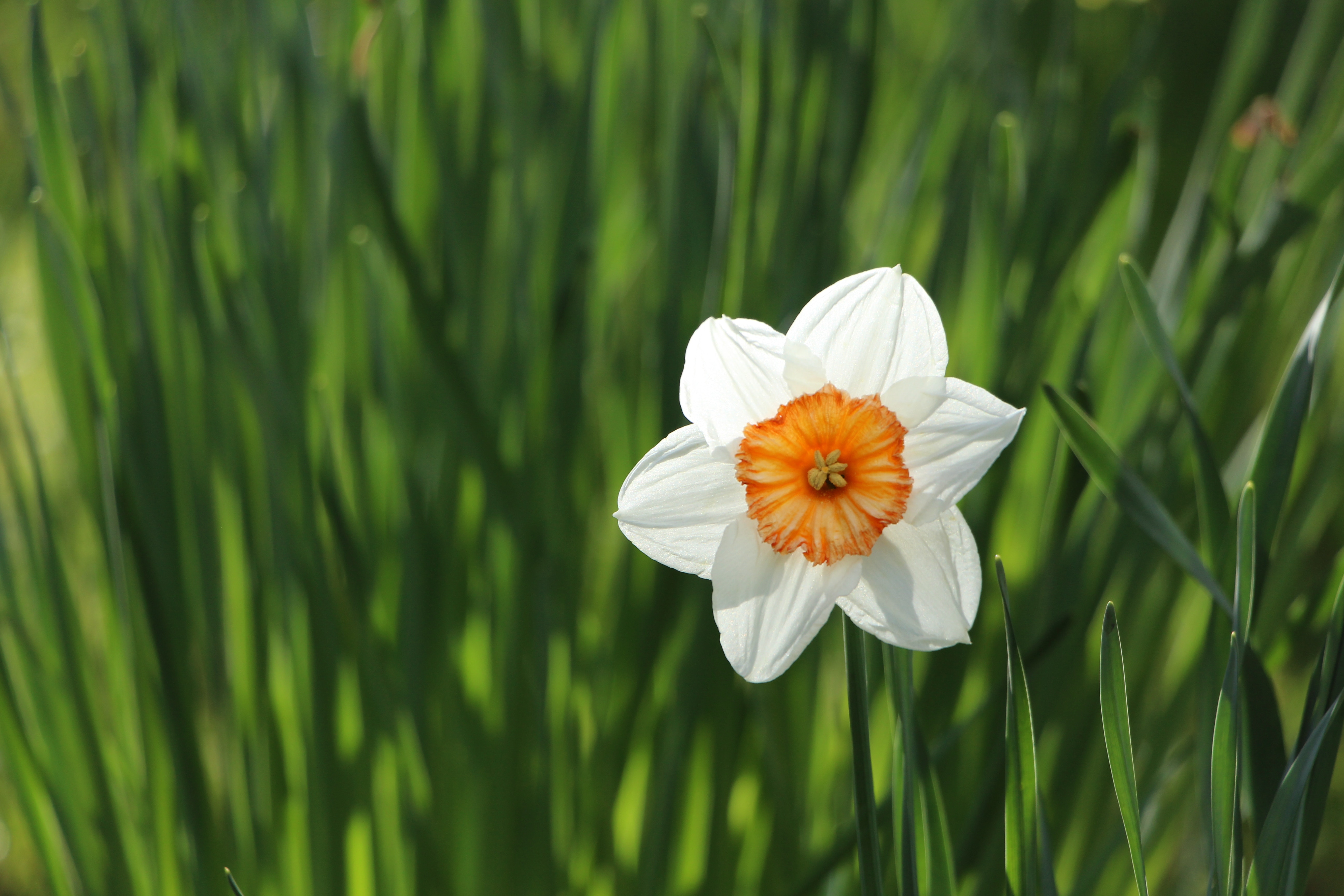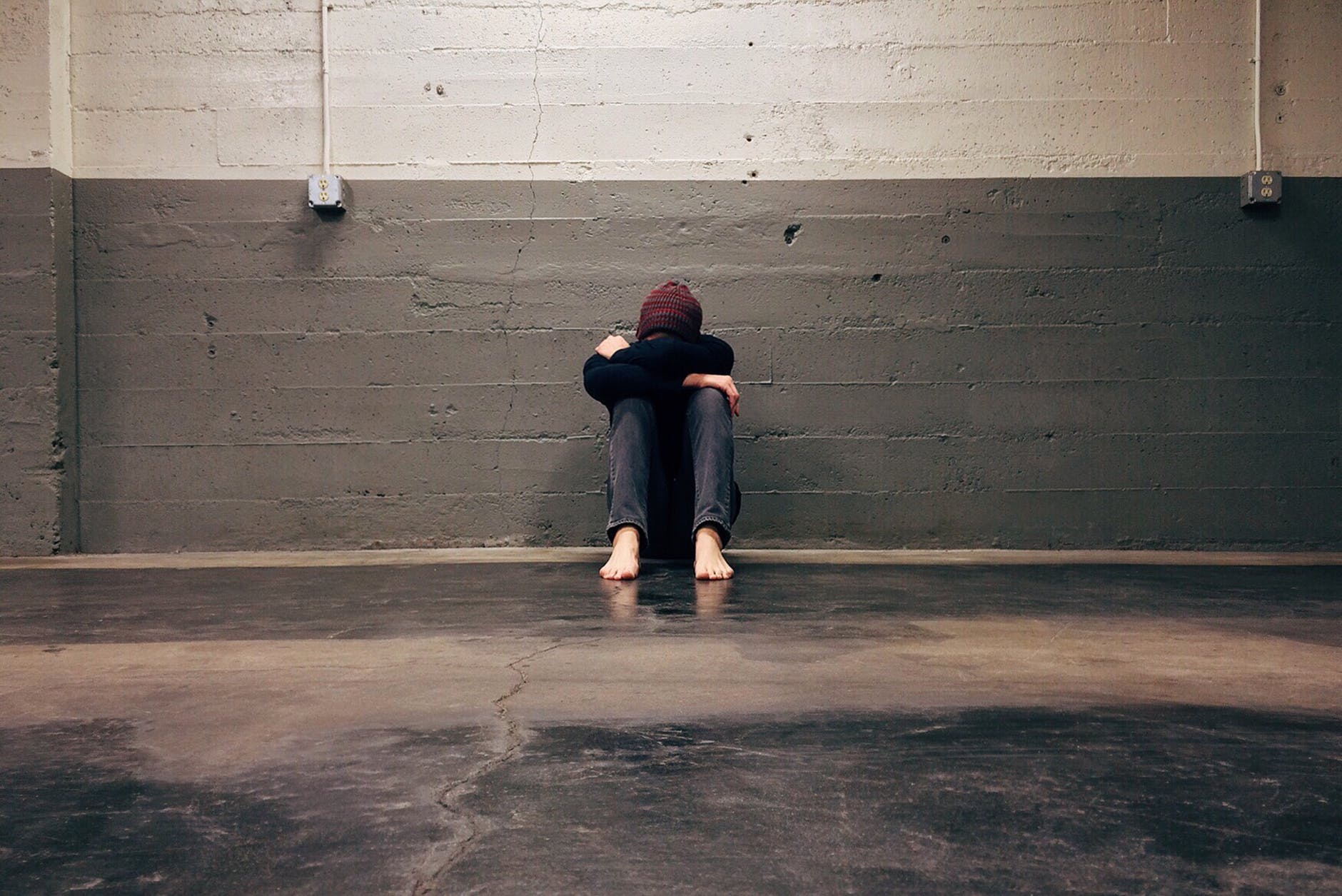Women in the Old Testament
The image of women in the Old Testament is not flattering. Many Old Testament verses represent women in the most evil image.
In one place, they are shown as the source of deception, which led to the calamities of mankind. Eve was blamed as the one who persuaded Adam to eat from the forbidden tree with the result that Adam and his progeny were banished from paradise. This sin of disobeying the orders of God has resulted in what is known as the Original Sin and the Christian dogma of redemption through Christ, 'the savior'.
This perception of Eve as temptress in the Bible has resulted in an extremely negative impact on women throughout the Judo-Christian tradition. All women were believed to have inherited from their mother, the Biblical Eve, both her guilt and her guile.
Consequently, they were all untrustworthy, morally inferior, and wicked. Menstruation, pregnancy, and childbearing were considered the just punishment for the eternal guilt of the cursed female sex. In order to appre- ciate how negative the impact of the Biblical Eve was on all her female descendants we have to look at the writings of some of the most important Jews and Christians of all time.
Let us start with the Old Testament and look at excerpts from what is called the Wisdom Literature in which we find "I find bitterer than death the woman who is a snare, whose heart is a trap and whose hands are chains. The man who pleases God will escape her, but the sinner she will ensnare....while I was still search- ing but not finding, I found one up- right man among a thousand but not one upright woman among them all"
(Ecclesiastes 7:26-28).
In another part of the Hebrew literature which is found in the Catholic Bible we read:
"No wickedness comes anywhere near the wickedness of a woman.....Sin began with a woman and thanks to her we all must die"
(Ecclesiasticus 25:19, 24)
According to the OT, women have been punished for the sin of their mother, Eve, by carrying the burden of preg- nancy and the pains of childbirth. Unto the woman he said, I will greatly multiply thy sorrow and thy conception; in sorrow thou shalt bring forth children; and thy desire shall be to thy husband, and he shall rule over thee.
Such blame and sever punishment contradicts with the Qur'anic reporting of responsibility for people's actions regardless of their sex, male or female. As a matter of fact, The Qur'an never blamed Eve alone for eating from the for- bidden tree.
Al-A'raaf : 22-23
So, he (Satan) misled them (Adam and Eve) with de- ception . . . . And their Lord called out to them (saying): "Did I not forbid you that tree and tell you: Verily, Satan is an open enemy unto you?" They said: "our Lord! We have wronged ourselves. If you forgive us not, and bestow not upon us Your mercy, we shall certainly be of the losers. The Qur'an emphasizes that each Person is person- ally responsible for his/her deeds.
No person earns any (sin) except against himself (only), and no bearer of burdens shall bear the burden of another. Then unto your lord is your return, so He will tell you that wherein you have been differing.
(Al-An'aam: 164)
Whoever works righteousness, whether male of female, while he (or she) is a true believer (of Islamic Monotheism) verily, to him We will give a good life, and We shall pay them certainly a reward in propor- tions to the best of what they used to do (i.e. Paradise in the Hereafter).

